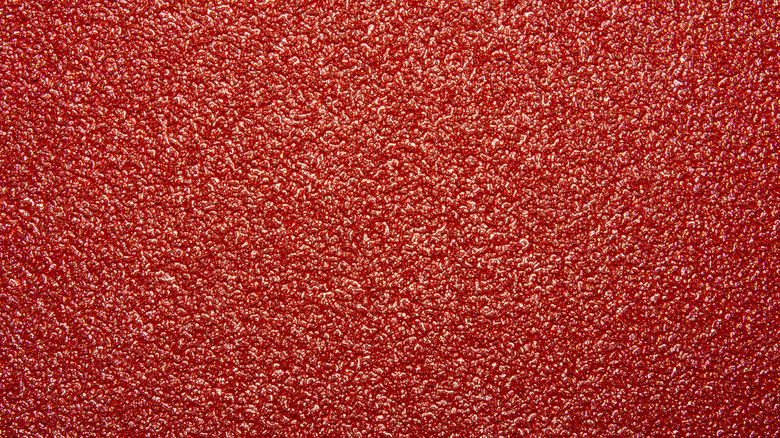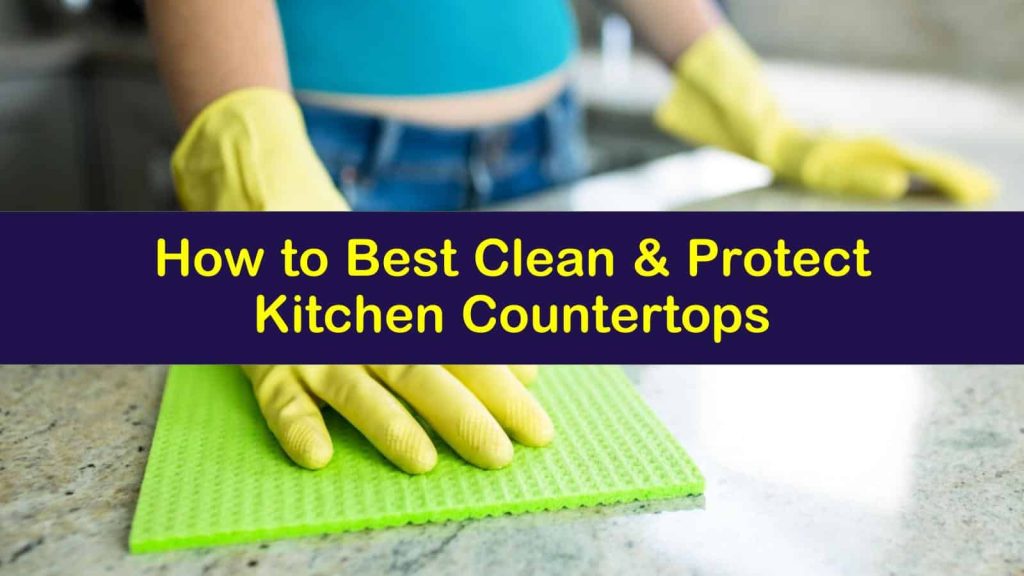

Countertops staining easily can be a significant frustration, especially for homeowners who have invested in beautiful and expensive surfaces. Whether it’s a spill from a child’s meal, a splash of sauce during cooking, or a forgotten dish, preventing damage to your countertops is crucial! This comprehensive guide explores the multifaceted issue of countertop staining and provides actionable strategies to protect these valuable surfaces. We will cover a range of materials, from granite to quartz, and discuss the specific challenges and solutions each presents. The guide will detail crucial preventive measures and effective cleaning techniques. It will also examine the role of preventative sealants and finishes. This article’s structure will first define the common causes of countertop staining, then investigate prevention strategies, and finally, present efficient cleaning procedures.
Understanding Countertop Materials and Their Susceptibility to Staining
Different countertop materials react differently to staining. Granite countertops, known for their durability and natural beauty, often have visible pores that can absorb liquids and leave stains. Quartz countertops, engineered from crushed quartz, are generally more resistant to staining but can still be affected by acidic substances. Marble, renowned for its exquisite veining, is highly susceptible to staining from acidic spills and harsh cleaning solutions. Understanding the inherent characteristics of your countertop material is the first step in developing a tailored stain prevention strategy. Proper care and preventative measures can make a significant difference in the life of your countertops. For instance, installing a backsplash can often prevent spills from reaching the surface.
Preventing Countertop Staining: Proactive Measures
Choosing Stain-Resistant Materials
Related Post : Cabinet Doors Misaligning After Installation? How to Adjust Properly
When choosing countertop materials, opting for materials with inherent stain resistance is often the most effective approach. Granite and quartz, while not completely stain-proof, are considerably more resistant than other materials. Marble, though exquisite, requires a higher level of care and attention to prevention.
Applying Protective Coatings
A crucial step in preventing staining is applying protective coatings to your countertops. These sealers and finishes create a barrier between the countertop material and potential stains. For example, an epoxy sealer will create a durable barrier to prevent staining. You can also use countertop-specific sealers to maintain the integrity of the surfaces.
Effective Cleaning and Maintenance Techniques
Prompt Cleanup
The best defense against staining is acting swiftly. Wipe up spills immediately to prevent them from seeping into the countertop material. This simple action can save you from significant problems down the line. Using a soft cloth, you can gently blot up excess spills.
Correct Cleaning Products
Using the right cleaning products is essential to maintaining your countertops. Avoid harsh chemicals or abrasive cleaners, which can damage the surface. Look for specialized countertop cleaners designed to maintain the surface’s integrity. In addition, using non-abrasive cleaners will prevent scratching the surface and preserve the integrity of the material.
Identifying and Addressing Specific Stain Types
Acidic Spills
Acidic spills, such as citrus juices, vinegar, or wine, can cause significant staining on porous materials like granite. Acting swiftly is important to avoid deep-seated staining. Using a gentle cleaner can neutralize the acid and prevent further damage to the surface.
Food Stains
Various foods, including sauces, oils, and sugary drinks, can leave unsightly stains. Addressing food stains promptly is essential to minimizing their impact. Use specific cleaning methods to eliminate food-based stains, such as gently scrubbing them off. This will prevent discoloration of the countertop.
Seeking Professional Help
When to Consult a Professional
In some cases, professional help is necessary to address difficult stains or damage. If you encounter a particularly stubborn stain, or if you suspect significant damage to the countertop, contact a qualified countertop restoration professional immediately. There are companies that specialize in removing deep stains. They have the necessary equipment, tools, and expertise to tackle challenging situations.
Understanding Warranty Policies
Be sure to consult your countertop manufacturer’s warranty information to ensure you understand the terms and conditions. Warranty coverage can help protect your investment, and it’s important to understand what’s included for your specific product.
In conclusion, protecting countertops from staining is crucial for maintaining their beauty and longevity. By implementing the preventative measures and solutions outlined above, you can significantly reduce the risk of staining and extend the life of your countertops. Remember to always consult with a professional if you have any concerns or require specialized solutions. Consider investing in quality countertop protectors, and develop a comprehensive cleaning and maintenance routine. These practices will pay dividends in the long run. Ready to keep your countertops looking pristine? Visit our website for more tips and resources.